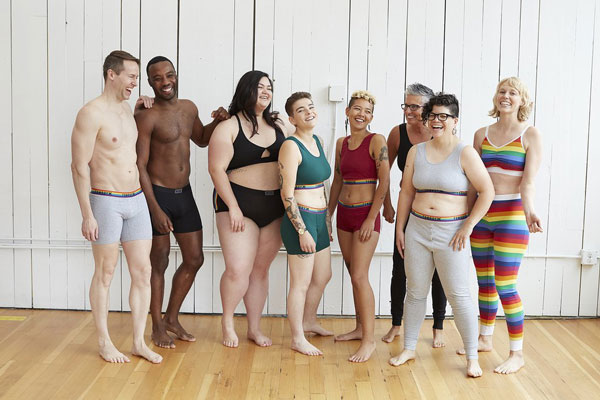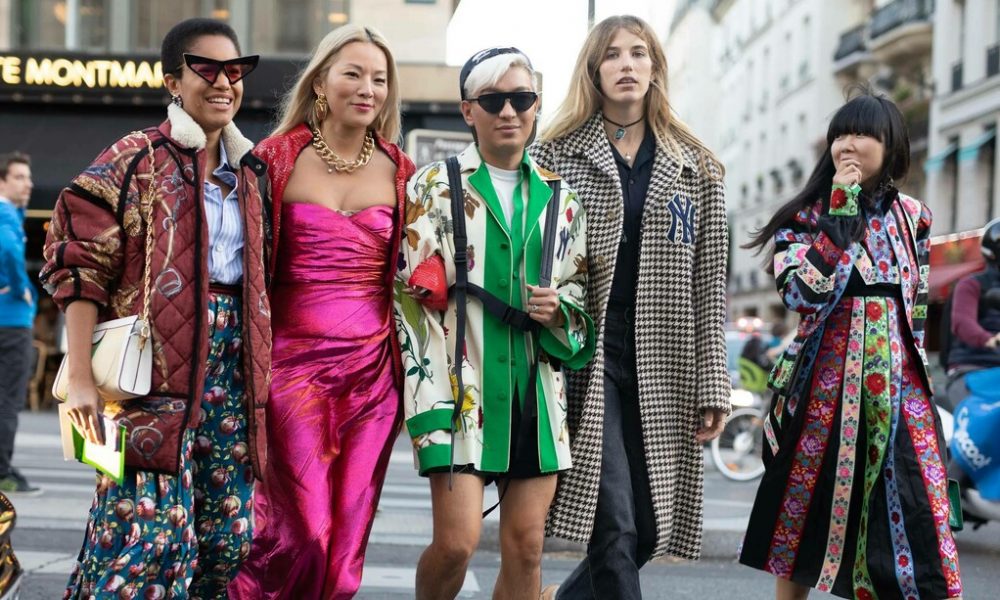The fashion industry has come a long way in recent years in terms of inclusivity and diversity. Brands are beginning to recognize the importance of creating clothing lines that are accessible and appealing to all people, regardless of their race, gender, size, or ability. In this article, we will explore how the fashion industry is embracing inclusivity and the impact it is having on the industry as a whole.
The Importance of Inclusivity in Fashion
For a long time, the fashion industry has been criticized for its lack of diversity. Many brands only catered to a narrow group of people, leaving many individuals feeling excluded. However, in recent years, there has been a shift in the industry towards inclusivity. This change has been driven by a shift in consumer demands, as people are increasingly looking for clothing that reflects their personal style and values.
Inclusivity in fashion is not just about creating clothing lines that cater to different body types or skin tones. It is also about creating an environment where everyone feels welcome and represented. By embracing inclusivity, the fashion industry is sending a message that everyone is beautiful and deserves to feel confident in their own skin.
How Brands are Embracing Inclusivity

Many brands are now taking steps to become more inclusive. This includes creating clothing lines that cater to a wider range of sizes and body types, as well as using models of different races, genders, and abilities in their advertising campaigns. Some brands are even taking it a step further by creating adaptive clothing lines for individuals with disabilities.
In addition to creating more inclusive clothing lines, many brands are also promoting diversity and inclusivity through their messaging and marketing strategies. This includes featuring real people in their advertising campaigns, rather than just models, and showcasing the unique stories and experiences of their customers.
The Impact of Inclusivity on the Fashion Industry

The shift towards inclusivity in the fashion industry has had a significant impact on the industry as a whole. By creating clothing lines that cater to a wider range of people, brands are opening up new markets and reaching new customers. They are also sending a message that they care about their customers and want to create clothing that makes them feel confident and beautiful.
The fashion industry is also becoming more socially responsible as a result of the shift towards inclusivity. Brands are being held accountable for their actions and are expected to promote diversity and inclusivity in all aspects of their business. This includes everything from their hiring practices to their supply chain management.
The fashion industry has come a long way in terms of inclusivity and diversity. Brands are beginning to recognize the importance of creating clothing lines that are accessible and appealing to all people, regardless of their race, gender, size, or ability. By embracing inclusivity, the fashion industry is not only creating new opportunities for growth and profitability, but also promoting a message of acceptance and self-confidence.




